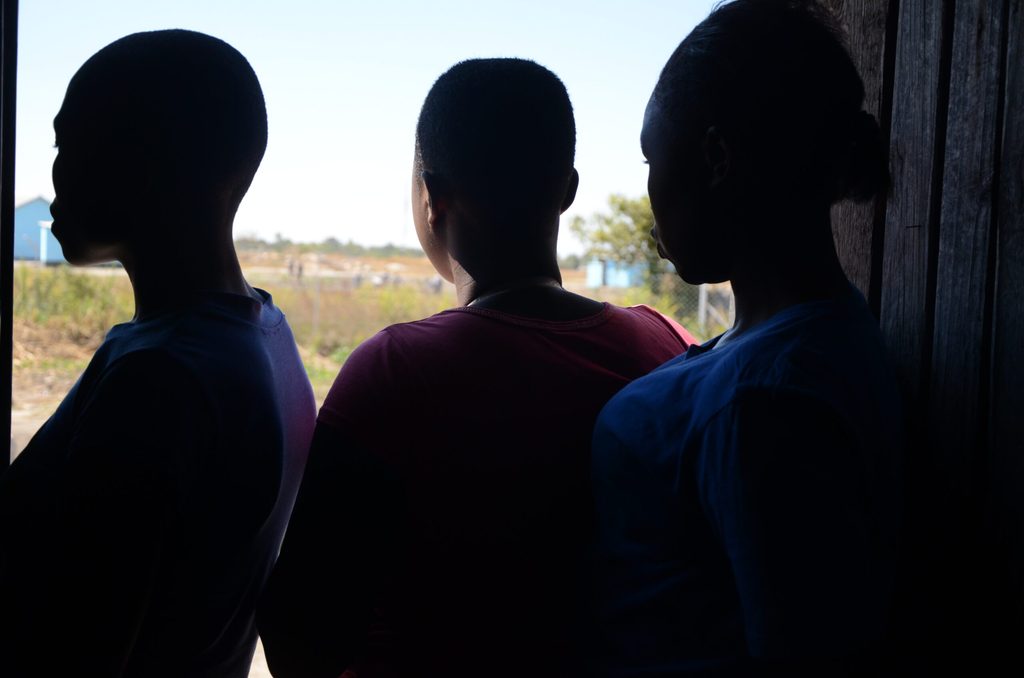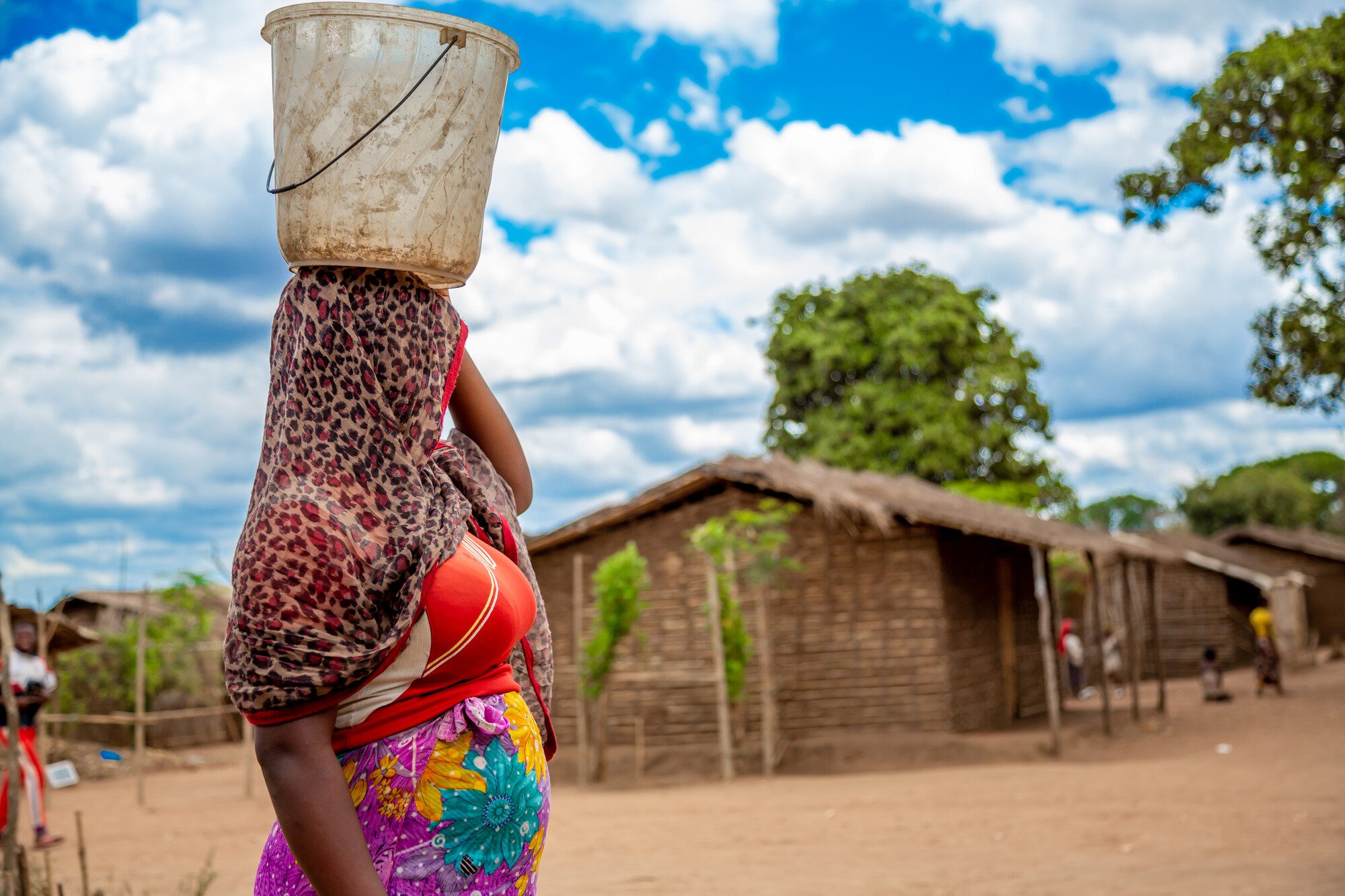Rapid Gender Analysis in Somalia
The analysis provides a deep, evidence-based look at how multiple ongoing crises have reshaped the lives of communities in Somalia.
Working together with like-minded partners in the Middle East and Eastern and Southern Africa, our goal is to ensure girls, boys, and adolescents can live in environments free from harmful practices, have the knowledge and skills to identify situations of violence, and duty bearers recognise and act against violence towards children and adolescents.

Our work in this area covers child protection as well as our work to prevent and respond to family violence affecting children and violence against young women, particularly sexual and gender-based violence in emergencies.
Our work contributes to ensuring that all children, adolescents and youth who have experienced violence in areas where our programmes are implemented, are provided with the best quality support services available that are gender and age-appropriate and inclusive, together with partners and government service providers.
Violations of children and girls’ rights is the region’s biggest concern and forms a strong basis for strategic choices by all countries to help improve programmes and achieve better outcomes for children.
In emergencies, we work in partnership with girls and boys, their families, communities, service providers, inter-agency coordination mechanisms, and government actors in preparedness, response and recovery.
Our child protection in emergency programming invests in preventing child labour and sexual and gender-based violence in emergencies, with a focus on harmful practices, targeting specifically adolescents in emergencies and children on the move.
We also work to strengthen existing community-based child protection mechanisms and structures, and to support law enforcement agencies and allied services by training its members and staff and by providing technical assistance.
Violations of children and girls’ rights is the region’s biggest concern and forms a strong basis for strategic choices by all countries to help improve programmes and achieve better outcomes for children.
Our influencing work involves advocating to decision makers at all levels for the implementation of strong, gender-responsive legal and policy frameworks which protect children and young people, particularly girls and young women, from all types of violence. Our approach to influencing emphasises the importance of addressing the root causes of violence through legislation and policy by shifting harmful norms which drive violence and discrimination.
The region has established thematic centres to help us connect around our technical work to drive joint analysis, learning and support within and across regions and offices.
The ending child marriage and teenage pregnancy center, based in Zambia, is among the very few gender transformative programmes worldwide that have been designed to reach a large number of adolescents and children on the issue of child, early and forced marriage (CEFM) and teenage pregnancy.
It has been designed to holistically address the issue of CEFM and teenage pregnancy by addressing the drivers of the problem at all possible levels. The programme also offers an opportunity to penetrate and influence laws and policies through lobbying as evidenced by the programme’s contribution to the development of the “SADC Model Laws on Ending Child Marriage and Protecting Those Already in Marriage”.

Categories: Protection from violence